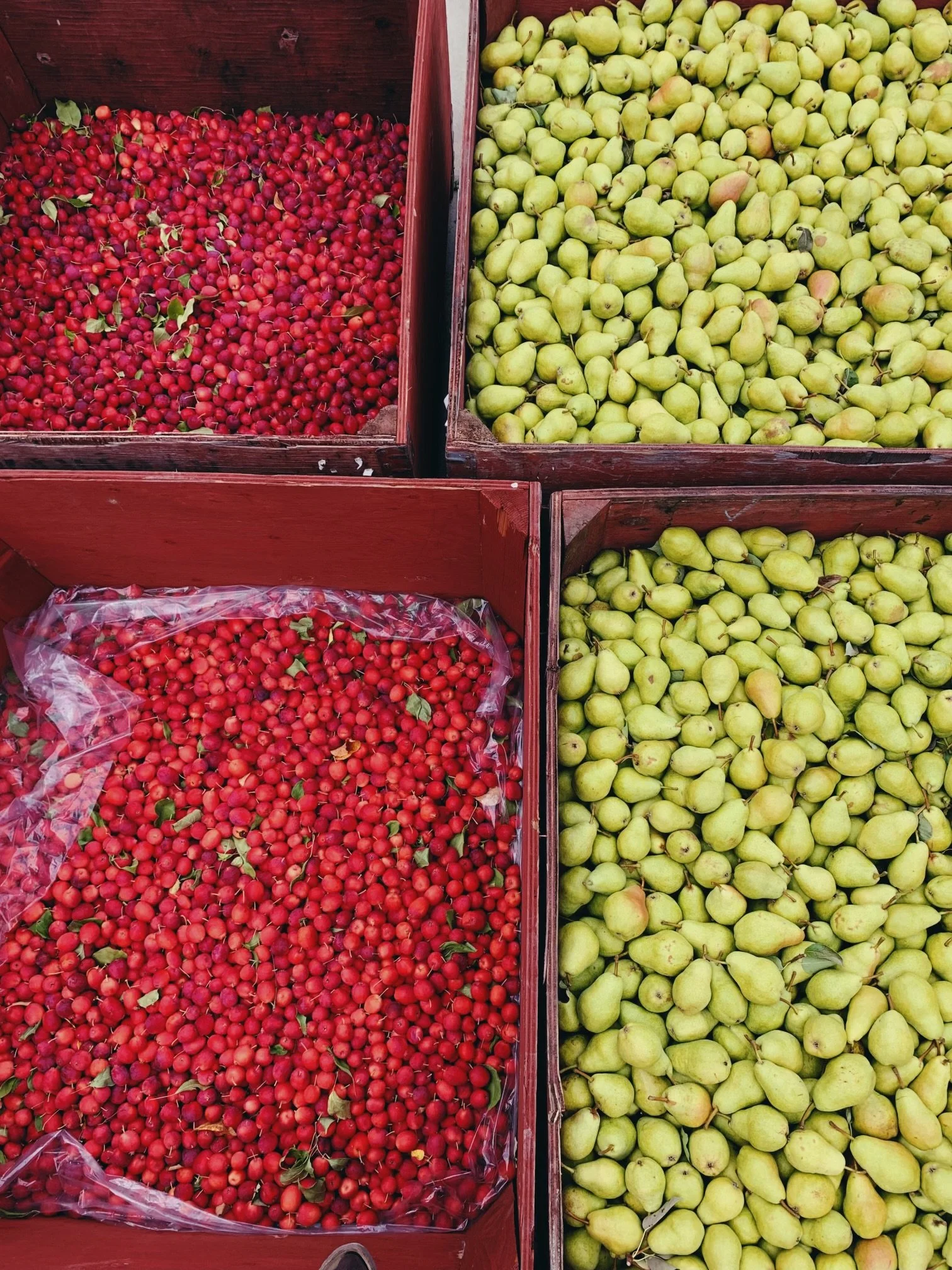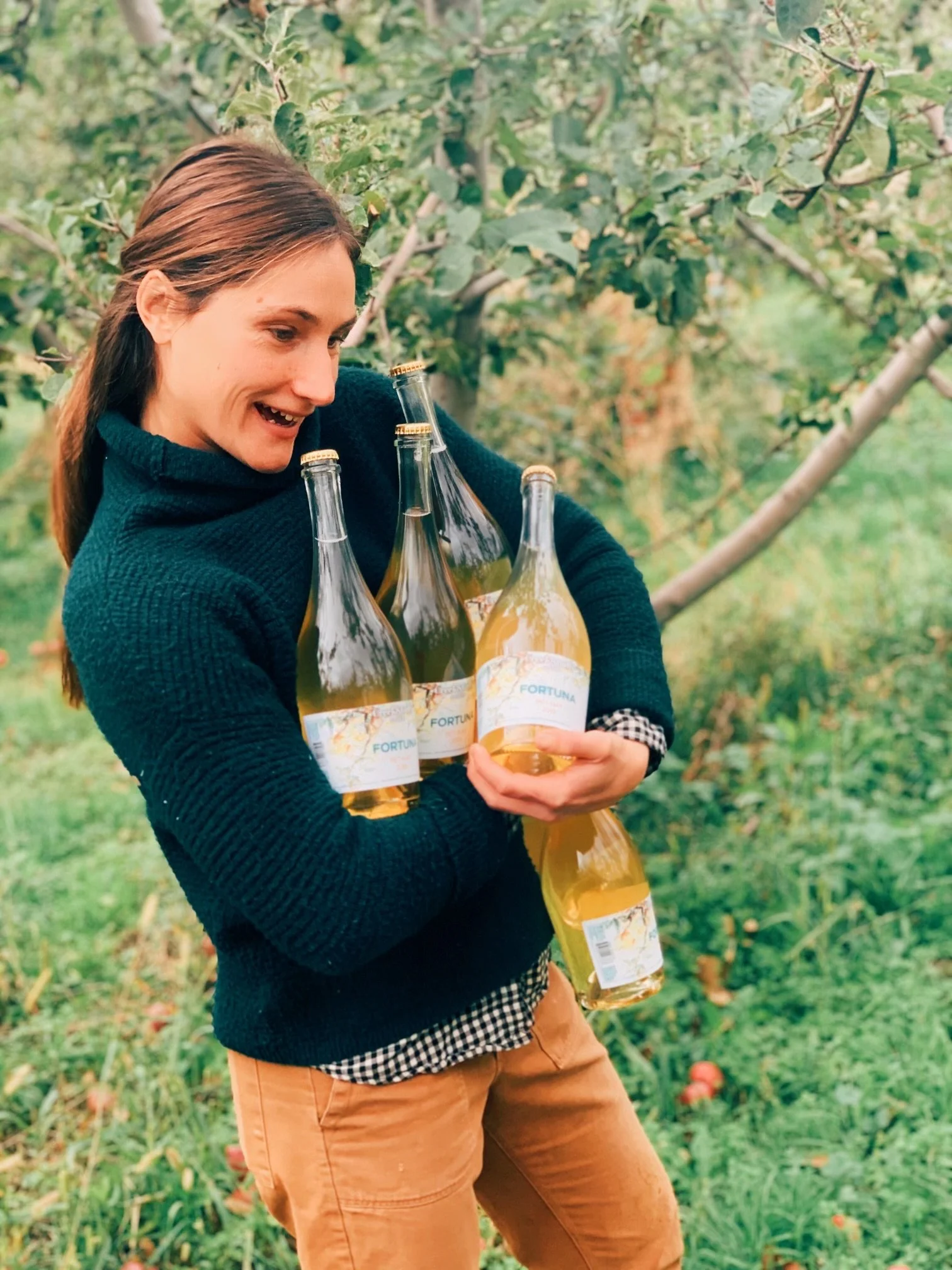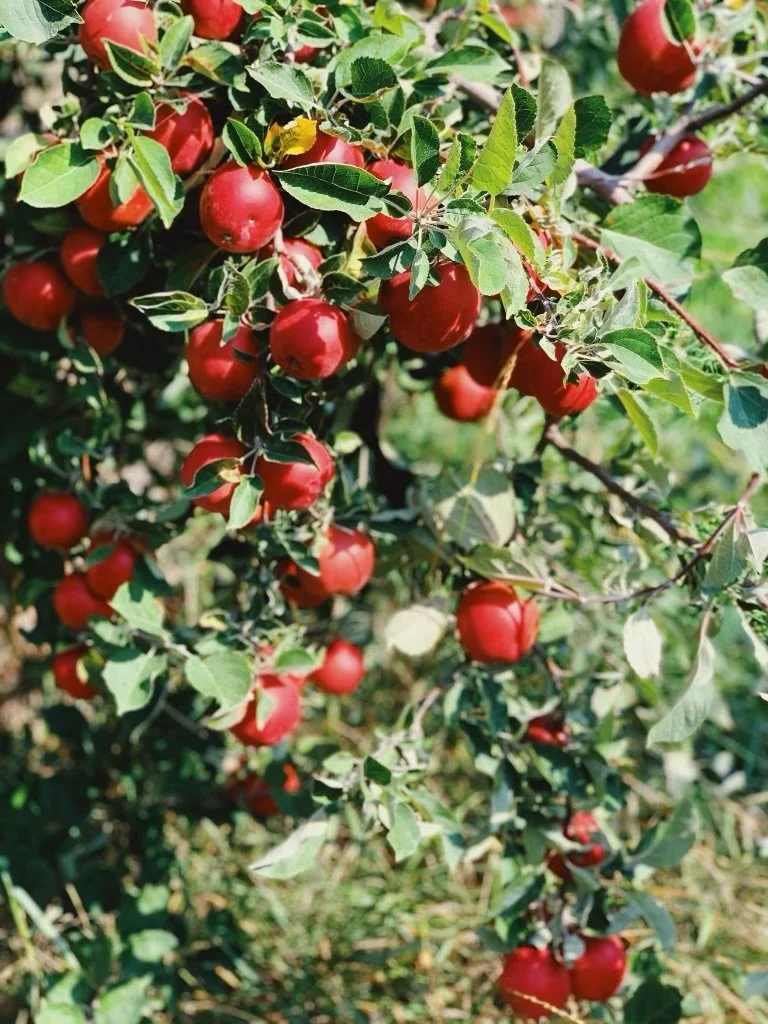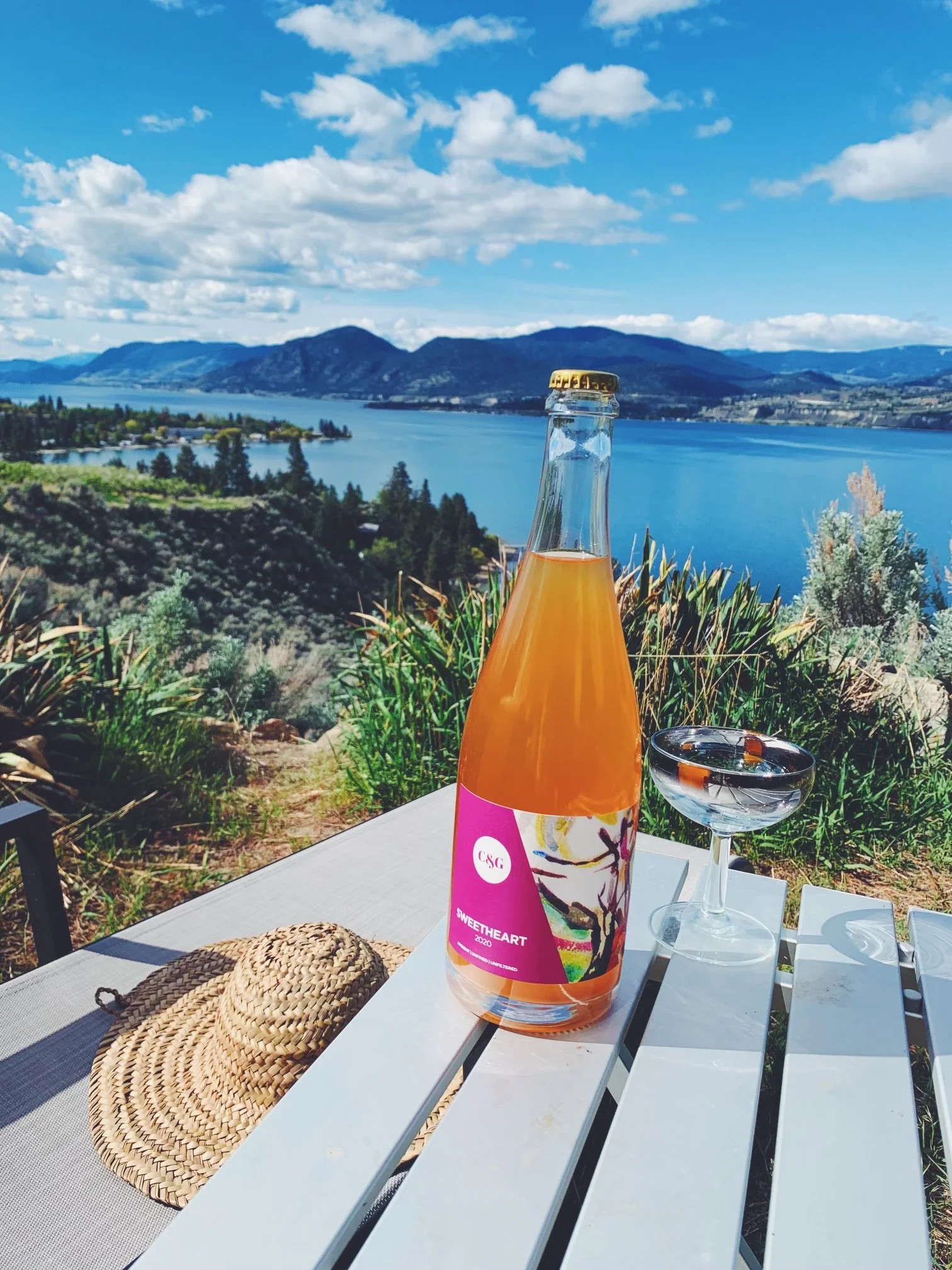Here’s why you need to be drinking cider
Credit: Creek and Gully
Cider could best be described as the guy who perpetually lives in the shadow of their famous sibling: wine. This clout, however, is somewhat nefarious - cidermaking predates its vinous counterpart.
Historically, it represented a significant chunk of booze consumption in North America. Prohibition led to the vast majority of orchards being wiped out. The earliest findings of hard cider date as far back as 55 BC.
Widely consumed throughout the UK and Europe, with Normandy popularizing the category as its signature drink. The Normans invaded northern France in 1066, bringing with them tannic and acidic cider apples, thus improving quality.
Cider is finally having its much overdue comeback, with producers popping up all over Canada (and everywhere else) - though the gulf between what’s commercially available and what dedicated cidermakers are producing is vast.
Here are just a few reasons why you likely need to recalibrate your (dated) beliefs on cider.
Cider is safe for celiacs to consume
It’s something few ever consider or discuss.
Credit: Creek and Gully. Cidermaker, Alyssa Hubert.
Apples grow easily in Canada
Canada is a cool climate - it only makes sense. Apples want us to eat and drink them!
It’s not fancy
Definitely not as snotty or intimidating as wine.
Credit: Creek and Gully
It’s low alcohol
You can drink more.
It’s affordable
Think: funky bubbles that won’t cost you $50.
Credit: Creek and Gully
There are entire zines dedicated to the category
Malus is a quarterly print journal self described as “ featuring bittersharp critcism and commentary”. Please be super meta and drink cider while reading.
Canadian cideries are not relegated to any “rules”
This freedom fosters creativity, flexibility, innovation and choice.
Credit: Creek and Gully
Apples and roses are related
Cute facts should be the motivation for all decision making. “hello, my cousin is a rose?!”
It’s a great way to repurpose/upcycle imperfect apples or fruit that would otherwise be destined as trash
Creek and Gully on the Naramata Bench in British Columbia, and Faraway Cider in Cumberland County, in Nova Scotia are resurrecting the category with fresh and modern styles.





